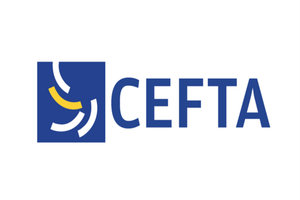
Regional Cooperation Council (RCC)
With the establishment of the Regional Cooperation Council (RCC) in February 2008, the “structure” of regional co-operation in Southeast Europe was formed. The RCC is focused on sectoral co-operation in the region and development of regional projects of common interest through economic and social development, energy and infrastructure, judiciary and internal affairs, security, strengthening of human potential and parliamentary cooperation.…
Find out more








